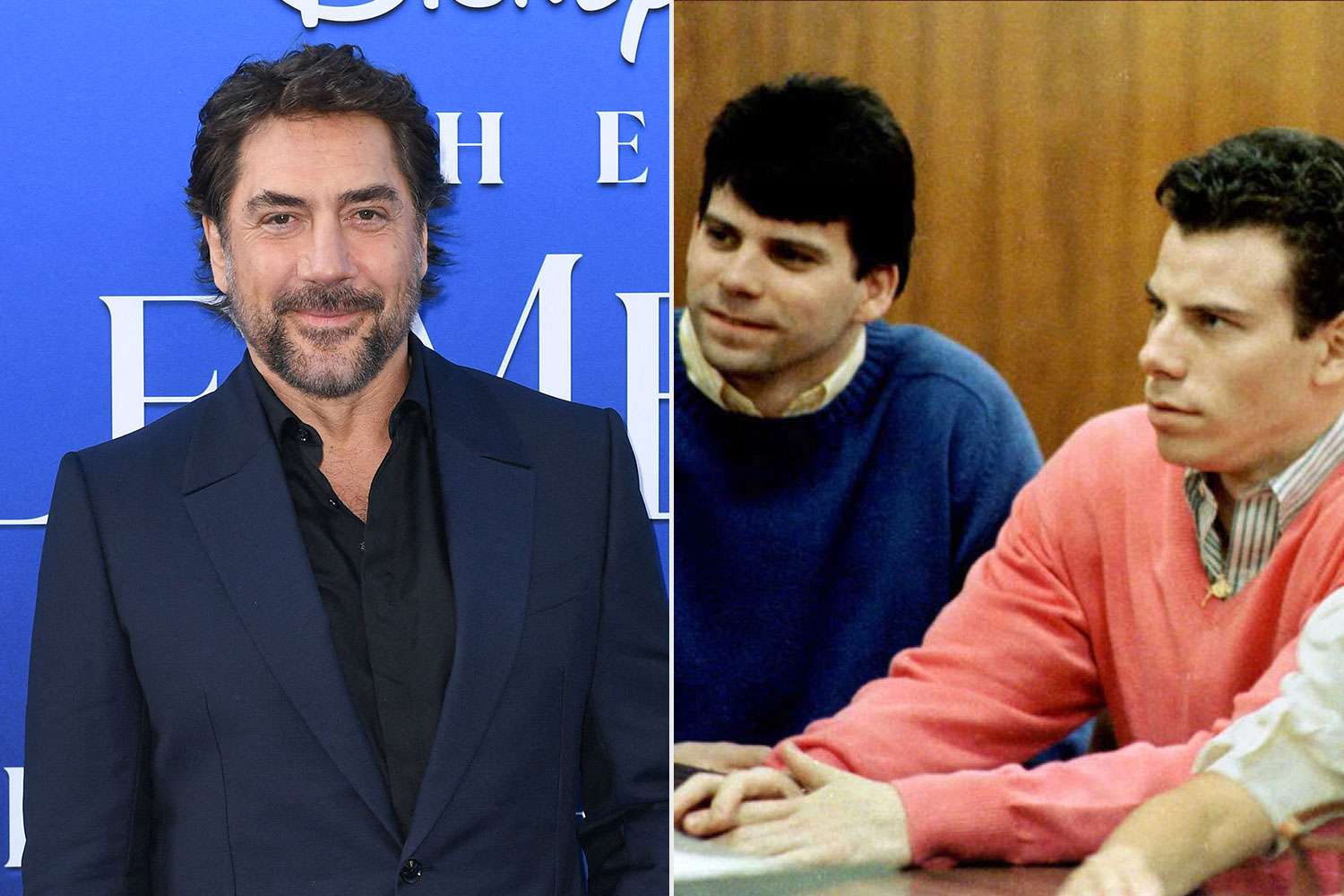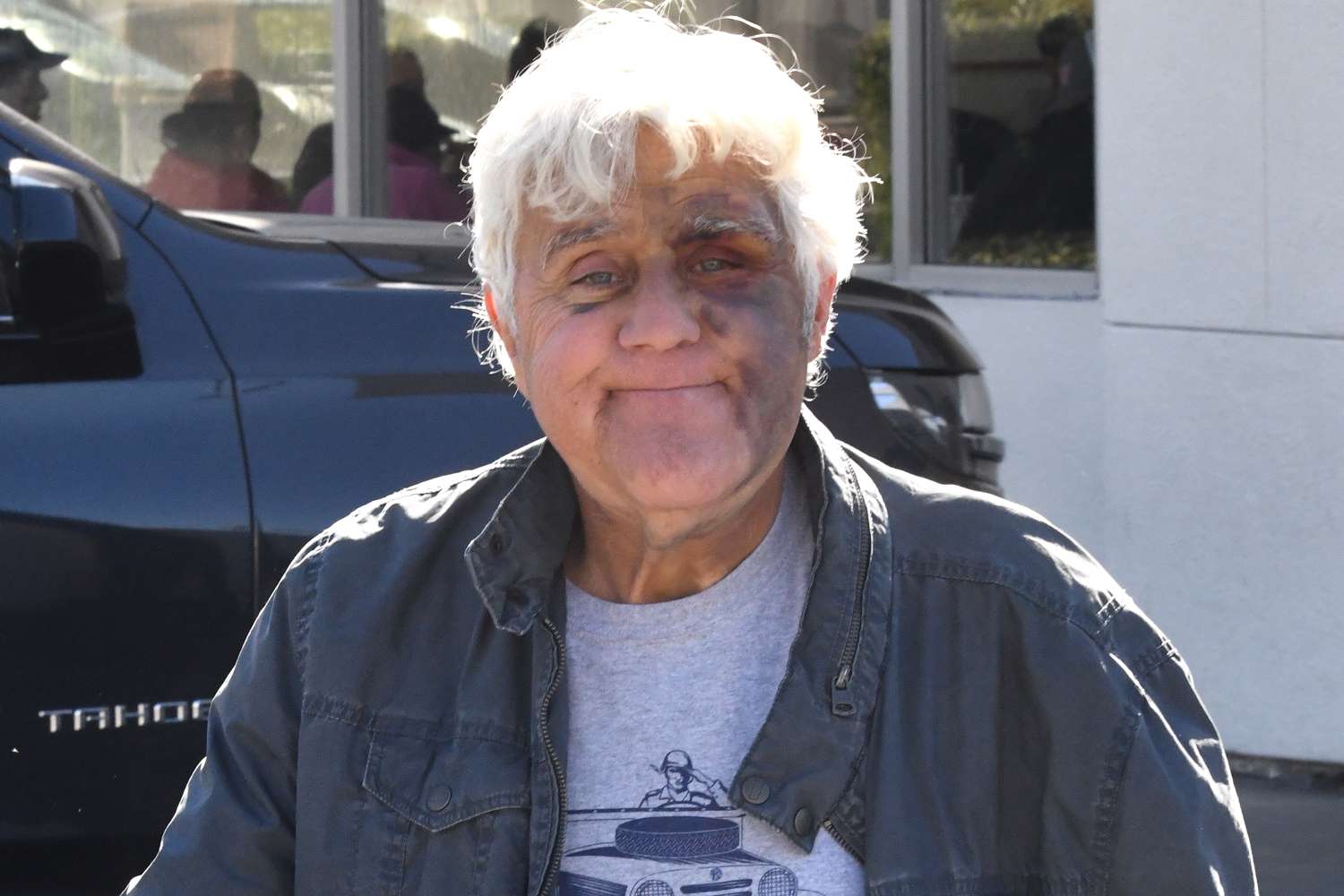Alec Baldwin’s verdict was upheld by the trial judge for the third time

Alec Baldwin’s verdict was upheld: New Mexico judge Mary Marlowe Sommer issued the ruling on Friday, June 28, paving the way for the actor’s trial to proceed in July
Stay with this part of celebrities from the series of entertainment in Eternal Pen magazine.
Alec Baldwin’s verdict was upheld
The judge presiding over Alec Baldwin’s involuntary manslaughter case upheld the charge against him Friday, June 28, paving the way for his trial to proceed next month.
It was the third time in five weeks that Judge Mary Marlowe Sommer upheld the charge.
Lawyers for Baldwin, who was holding a prop gun on the set of the Western movie Rust in 2021 when it discharged, killing cinematographer Halyna Hutchins and injuring director Joel Souza, filed a motion in May arguing that the actor’s “due process” had been violated because the gun was destroyed when government agents tested it, depriving the defense of the ability to conduct their own tests on the gun.
Baldwin has insisted he did not pull the trigger nor know why the gun contained live ammunition. Prosecutors ordered forensic testing on the gun to determine whether or not it could have discharged without the trigger being pulled.
“Government agents knew that the firearm would not survive their clumsy ‘tests’ intact. They said so explicitly in emails,” attorneys for Baldwin wrote in their May 6 motion.

Alec Baldwin’s verdict was upheld: “But at the insistence of prosecutors eager to prove a celebrity’s guilt, they nevertheless blundered ahead without preserving the original state of the firearm through photographs, video or other means; without informing Baldwin or his counsel they were conducting destructive testing; and without any realistic prospect that bludgeoning the gun would reveal whether Baldwin had pulled the trigger on the day of the accident,” they continued, adding “the destruction of potentially exculpatory evidence violates due process.”
In their response, the prosecution argued that Baldwin’s due process was not violated, and the defense lawyers failed to show whether the gun “is exculpatory or potentially exculpatory.” They also wrote that the investigators “carefully documented” the gun’s condition prior to testing.
Sommer heard testimony and arguments on the motion during hearings on Friday, June 21 and Monday, June 24.

Alec Baldwin’s verdict was upheld: One of those who testified, FBI firearms expert Bryce Ziegler, said that between two and two-and-a-half pounds of force were required to pull the trigger for it to fire.
But Baldwin attorney Alex Spiro zeroed in on the apparent fact, outlined in the gun’s user manual, that the trigger could go off on its own when it was in a certain position.
“The Court finds and concludes that Defendant fails to establish that the State acted in bad faith when destroying certain internal components of the firearm in the course of the accidental discharge testing,” Sommer wrote in her order.
“In other words, the evidence before the Court does not demonstrate that the State or its agents knew that the unaltered firearm possessed exculpatory value at the time of accidental discharge testing, and nonetheless destroyed it, thereby indicating that the evidence may have exonerated the Defendant,” she continued.
Sommer added that that prosecutors, however, “must fully disclose the destructive nature of the firearm testing, the resulting loss, and its relevance and import to the jury. The State must examine appropriate witnesses to achieve this disclosure. In addition, Defendant remains entitled to cross-examination of the State’s witnesses, to further accomplish this remedy.”
The judge previously upheld the involuntary manslaughter charge on two other occasions. Baldwin’s lawyers filed a motion in March claiming special prosecutor Kari T. Morrissey gave prejudicial instructions to the grand jury, which indicted the actor in January. She heard arguments in that hearing on May 17 and denied the motion a week later.
On May 6, the same day Baldwin’s attorneys filed the motion to dismiss based on the destruction of evidence, they also filed a separate motion to dismiss based on the prosecutors’ alleged “failure to allege a criminal offense.”

Alec Baldwin’s verdict was upheld: The judge previously upheld the involuntary manslaughter charge on two other occasions. Baldwin’s lawyers filed a motion in March claiming special prosecutor Kari T. Morrissey gave prejudicial instructions to the grand jury, which indicted the actor in January. She heard arguments in that hearing on May 17 and denied the motion a week later.
On May 6, the same day Baldwin’s attorneys filed the motion to dismiss based on the destruction of evidence, they also filed a separate motion to dismiss based on the prosecutors’ alleged “failure to allege a criminal offense.”








